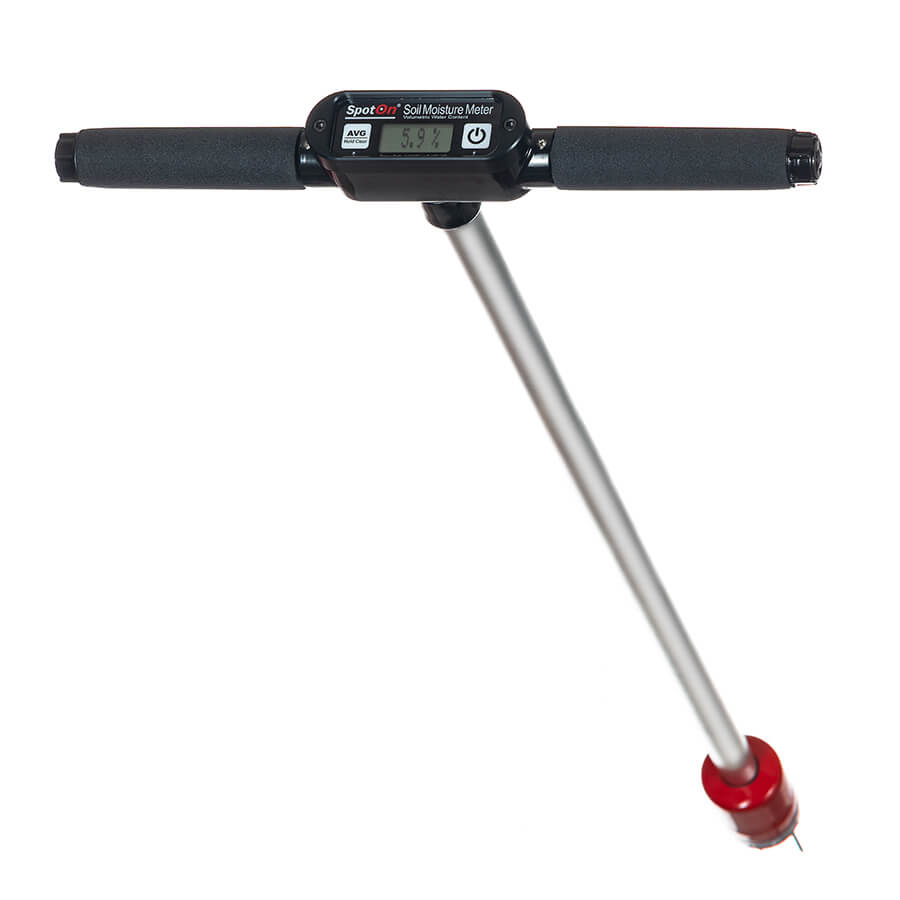Understanding the Various Kinds Of Moisture Meters and Their Applications
Understanding the Various Kinds Of Moisture Meters and Their Applications
Blog Article
The Ultimate Guide to Moisture Meters: A Comprehensive Summary and Exactly How They Can Conserve You Cash
In the realm of building upkeep, construction, and various industries, the relevance of precisely determining dampness levels can not be overstated. Moisture meters act as essential devices in detecting and keeping track of moisture material in products, helping in protecting against costly damages and making sure the quality of products. Understanding the subtleties of various types of dampness meters, their applications, and the prospective cost-saving advantages they use can be a game-changer for professionals and organizations alike. Discovering just how these tools can not just improve processes yet likewise add to economic savings is a trip worth starting.
Kinds Of Moisture Meters
One common kind is the pin-type moisture meter, which measures the electrical resistance between two pins put into a product. Pinless wetness meters, on the various other hand, usage electro-magnetic sensing unit plates to check a larger area without creating damage to the product's surface.
Infrared moisture meters gauge the thermal buildings of a product to determine its moisture web content non-invasively, making them beneficial for applications where pin or pinless meters may not be ideal. Understanding the various types of wetness meters available can assist sectors choose the most proper device for their details wetness dimension needs.

Advantages of Utilizing Moisture Meters

Additionally, using moisture meters can lead to enhanced power effectiveness. In farming settings, wetness meters play an important role in enhancing crop returns by making it possible for farmers to keep an eye on soil dampness levels and make notified watering choices.
Exactly How to Pick the Right Moisture Meter
Choosing the appropriate moisture meter entails taking into consideration key factors such as material compatibility, dimension range, and calibration precision. When selecting a dampness meter, it's vital to make sure that the meter is appropriate for the details product you will certainly be testing. Different materials have differing electrical residential properties that can influence dampness analyses, so selecting a meter made for your material is important for precise outcomes. Furthermore, take into consideration the measurement variety of the dampness meter. Ensure that the meter can identify wetness levels within the variety needed for your applications. Calibration precision is one more critical aspect to bear in anchor mind (Moisture Meter). Go with a dampness meter with dependable calibration to guarantee specific and consistent readings. Some meters may require periodic calibration adjustments, so recognizing the calibration procedure is essential. By thoroughly assessing these factors, you can select a dampness meter that fulfills your needs and supplies accurate moisture dimensions for your jobs.
Correct Strategies for Moisture Meter Use
To make sure precise wetness analyses and make the most of the effectiveness of a dampness meter, using appropriate methods is essential. When making use of a pin-type moisture meter, insert the pins or probes right into the material being evaluated until they make full get in touch with. By complying with these proper strategies, individuals can rely on their moisture meter to supply reliable wetness levels, assisting in avoiding expensive damage or making certain high quality in numerous applications.

Price Cost Savings With Moisture Meter Applications
Just how can the strategic usage of dampness meters lead to significant price financial savings across numerous sectors? In the farming market, wetness meters help in figuring out the optimum time for gathering crops, preventing excess or over-drying moisture that can impact the final item's top quality.

Moreover, in the food processing sector, dampness meters are necessary for monitoring product quality and making click to investigate sure conformity with safety and security regulations. By accurately gauging dampness content in food items, producers can avoid putridity, preserve freshness, and decrease waste, resulting in significant expense financial savings. In general, the strategic application of dampness meters is a beneficial investment that can result in substantial expense decreases and enhanced performance across different markets.
Final Thought
In verdict, dampness meters are valuable devices for finding and measuring dampness levels in different products. By making use of the appropriate wetness meter and complying with correct methods, individuals can effectively prevent costly problems triggered by excess wetness.
Wetness meters serve as essential devices in finding and keeping track of moisture material in products, helping in preventing expensive damages and guaranteeing the quality of products. Infrared wetness meters determine the thermal properties of a material to determine its moisture content non-invasively, making them beneficial for applications where pin or pinless meters might not be appropriate.Wetness meters use important advantages in accurately checking and evaluating moisture levels in varied materials and atmospheres. In farming settings, moisture meters play an essential function in optimizing crop returns by allowing farmers to monitor soil dampness degrees and make educated watering decisions.In verdict, wetness meters are important tools for finding and determining wetness degrees in different products.
Report this page